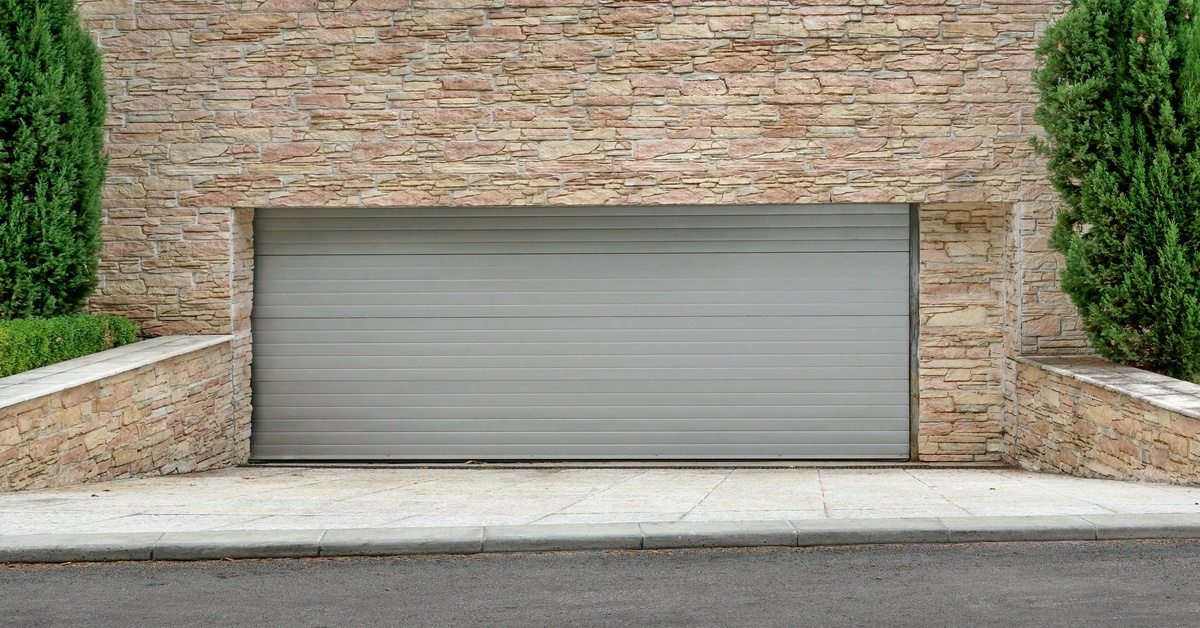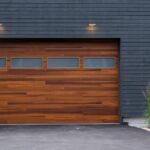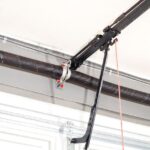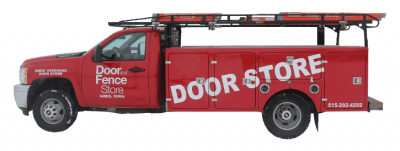Some decisions seem simple until they’re not. For example, why wouldn’t a residential garage door work for a small auto shop run from home? Or why can’t a business save money by installing a regular, everyday garage door instead of a commercial one?
The truth is that all garage doors look similar at first glance, but their differences are far from minor. With this explanation of the differences between commercial and residential garage doors, you’ll comprehend which type fits your needs.
Size and Weight Differences
The size of the opening is the first thing that sets these garage doors apart. Most residential garage doors are between seven and eight feet tall and eight to 16 feet wide; they easily accommodate family vehicles and light storage.
Commercial garage doors, on the other hand, are built for larger equipment and delivery trucks, often exceeding ten feet in height. Because of their size and material thickness, commercial doors are extremely heavy. They often require upgraded torsion springs, strong lifting systems, and reinforced tracks; these are components rarely needed for residential garages.
Usage and Lifespan
Homeowners might open and close their garage door a few times a day, usually to come and go. But in commercial settings, doors can cycle dozens of times throughout the day. That kind of usage demands more than a standard opener.
Commercial doors feature industrial-grade components that support high-frequency operation without breaking down after a few months. Installing a residential model in a commercial space leads to mechanical failure in as little as six to 12 months.
Security and Access Features
Residential garage doors prioritize convenience, often using smart openers, rolling codes, and auto-reverse sensors. Commercial garage doors, however, must meet high security demands. This might include keypad entry, rolling steel doors, manual locking bars, or motion-detection systems.
Additionally, commercial openers commonly connect to access control systems or building management software. These security elements aren’t necessary in most residential environments.
Design and Customization
Aesthetics tend to matter more in residential settings. Woodgrain finishes, arched windows, and custom color matching are popular features used to complement a home’s exterior or comply with HOA requirements.
Commercial garage doors lean more into function. They may still offer powder-coated finishes or full-view panels for showrooms or service stations. However, operational efficiency and durability are priorities.
Finding the Right Fit
If you’re still unsure after reading about these commercial and residential garage door differences, talk with a local commercial and residential garage door installation company. Choosing the wrong door might cost you more in repairs than the initial installation.
The Door and Fence Store, based in Ames, Iowa, has helped home and business owners across Central Iowa since 1976. As an authorized dealer of C.H.I. Overhead Doors, a partner with Master Halco, we deliver quality craftsmanship and customization.
Whether you’re replacing a worn-out residential door or constructing a new commercial facility, the Door and Fence Store can help you navigate your options. Call us today to commence the project with our services.








